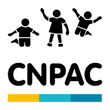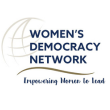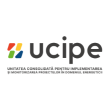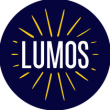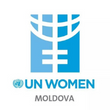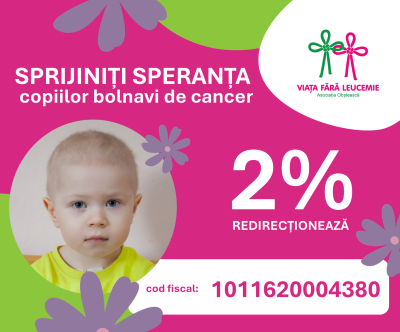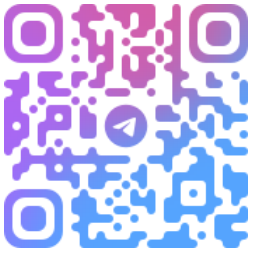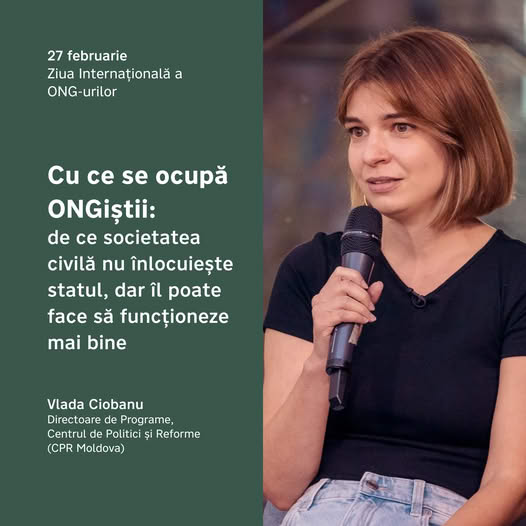Anunțuri de Angajare
- Detalii
- Categorie: Angajări
National consultant to develop the concept and methodology of collection and analysis of women's entrepreneurship data in support of the National Bureau of Statistic (NBS)
Informațiile prezentate în articolul de mai jos pot să nu mai fie actuale sau să nu mai reflecte activitățile și programele curente. Anunțul este păstrat în arhivă pentru a asigura transparența și accesul public la informațiile despre inițiativele și proiectele implementate anterior.
UN Women, grounded in the vision of equality enshrined in the Charter of the United Nations, works for the elimination of discrimination against women and girls; the empowerment of women; and the achievement of equality between women and men as partners and beneficiaries of development, human rights, humanitarian action and peace and security.
The work of UN Women in Moldova is guided by its new Country Strategic Note 2023-2027, aligned with the UN Sustainable Development Cooperation Framework for Moldova (2023-2027), UN Women Global Strategic Plan, National Programs and Strategies and aims to contribute to the gender-responsive implementation of the 2030 Agenda for Sustainable Development. The Strategic Note focuses on four main areas: 1) Ending Violence against Women; 2) Women’s Leadership and Governance; 3) Women’s Economic Empowerment; and 4) Humanitarian and Peace development nexus and UN Coordination on gender equality and women empowerment.
To ensure that women and girls, including those at greatest risk of being left behind, have improved access to resources, equal opportunities, and rights to enjoy a life without discrimination and violence, UN Women is implementing the project “Ending Violence, Expanding Livelihood Opportunities for Women and Accelerating Gender Governance in Moldova (EVOLVE4GE)” with financial support of European Union. The project addresses the key challenges women and girls face in the country, such as a) gender-blind policies and budgets that enable the persistence and perpetuation of gender inequalities; b) uneven participation, contribution, and benefit of women and men from the national economy; c) high prevalence of gender-based violence and limited access to specialist services and capacities for integrated service provision.
One of the key priorities is to support national authorities in advancing women's economic empowerment through data generation and analysis of women's entrepreneurship in the Republic of Moldova. Building upon existing national analyses/studies on women's entrepreneurship, UN Women will further support the data collection and analysis of women's and men's entrepreneurship activity and identify entry points for enhancing entrepreneurial opportunities. By releasing a new study in this field, UN Women will bolster its support to the NBS and public authorities (as data producers and data users) to enhance the availability of data for developing a business environment that embraces sex disaggregation of data across the existing database.
In this regard, UN Women aims to engage a consultant who will be responsible for developing the concept and methodology for collecting and analyzing data on women's entrepreneurship, including tailored support to NBS from the design stage to the data analysis and interpretation.
The study will provide comprehensive data and evidence of women's overall participation and representation in entrepreneurship, including the number of women-owned businesses, their share in the entrepreneurial ecosystem, and the sectors they operate in, access to finance and property, economic performance and export activities, use of innovation and information technologies within enterprises, etc.
The study aims to inform actions to remove barriers for women in business and recommendations for improving national policies and legal frameworks on women's economic empowerment.
The consultant will report to the Pillar lead on economic empowerment and will be supported by the Project Officer on women’s economic empowerment, who will be the point of contact on contract and payment issues.
Interested candidates are encouraged to submit their online applications by November 10, 2024 through the following link: National consultant to develop the concept and methodology of collection and analysis of women's entrepreneurship data in support of the National Bureau of Statistic (NBS) - UN Women Careers . Applications should include the following documents:
- Duly filled UN Women Personal History form (P-11) which can be downloaded from: https://www.unwomen.org/sites/default/files/Headquarters/Attachments/Sections/About%20Us/Employment/UN-Women-P11-Personal-History-Form.doc . Applications without the completed UN Women P-11 form will be treated as incomplete and will not be considered for further assessment. Kindly note that the system will only allow one attachment.
- A cover letter (maximum length: 1 page)
Only short-listed applicants will be contacted.
Note:
In July 2010, the United Nations General Assembly created UN Women, the United Nations Entity for Gender Equality and the Empowerment of Women. The creation of UN Women came about as part of the UN reform agenda, bringing together resources and mandates for greater impact. It merges and builds on the important work of four previously distinct parts of the UN system (DAW, OSAGI, INSTRAW and UNIFEM), which focused exclusively on gender equality and women's empowerment.
Diversity and inclusion:
At UN Women, we are committed to creating a diverse and inclusive environment of mutual respect. UN Women recruits, employs, trains, compensates, and promotes regardless of race, religion, color, sex, gender identity, sexual orientation, age, ability, national origin, or any other basis covered by appropriate law. All employment is decided on the basis of qualifications, competence, integrity and organizational need.
If you need any reasonable accommodation to support your participation in the recruitment and selection process, please include this information in your application.
UN Women has a zero-tolerance policy on conduct that is incompatible with the aims and objectives of the United Nations and UN Women, including sexual exploitation and abuse, sexual harassment, abuse of authority and discrimination. All selected candidates will be expected to adhere to UN Women’s policies and procedures and the standards of conduct expected of UN Women personnel and will therefore undergo rigorous reference and background checks. (Background checks will include the verification of academic credential(s) and employment history. Selected candidates may be required to provide additional information to conduct a background check.




